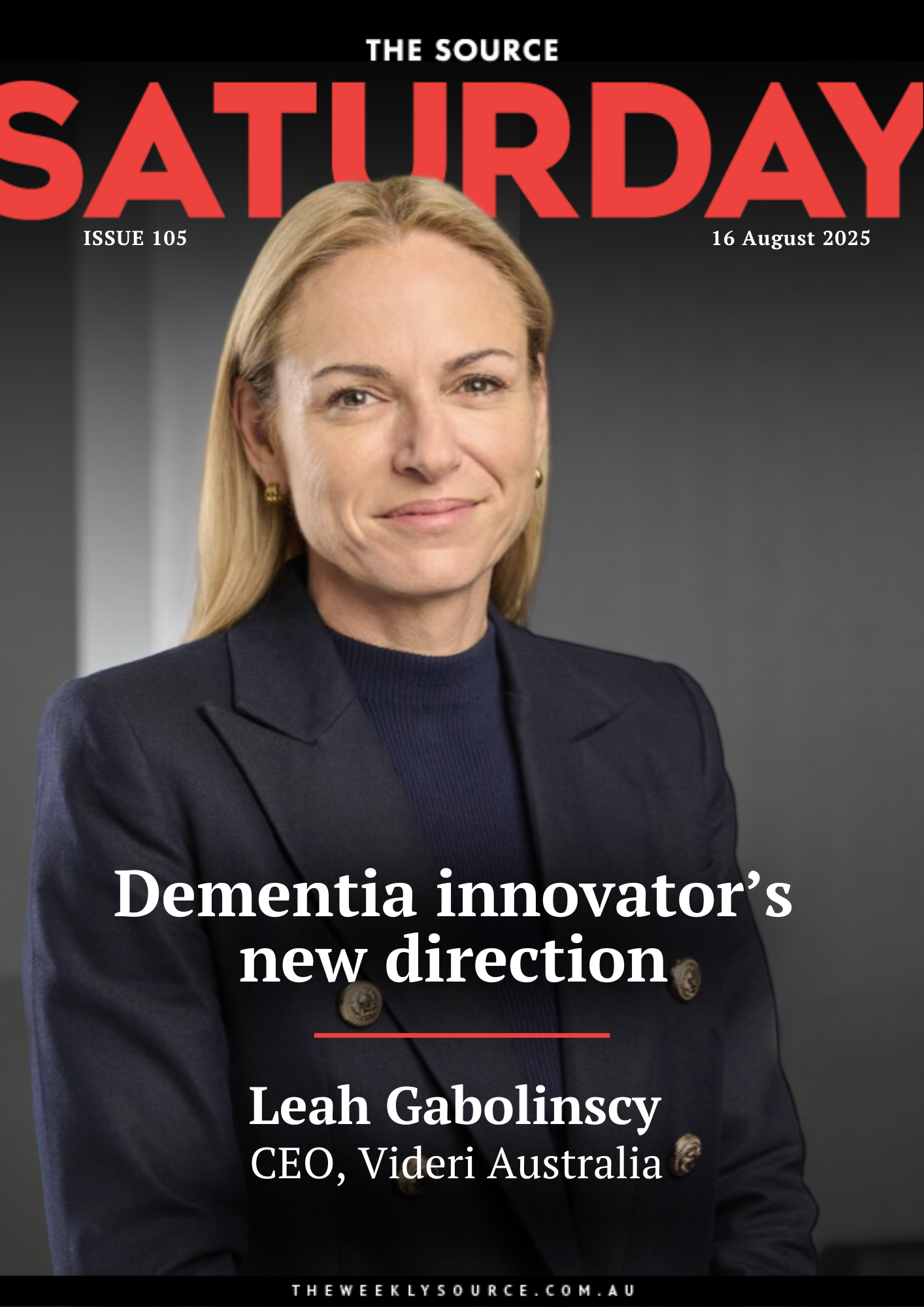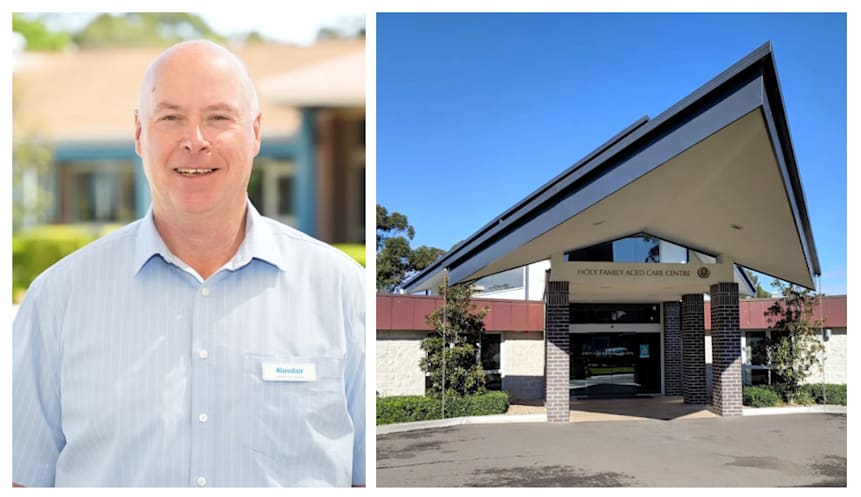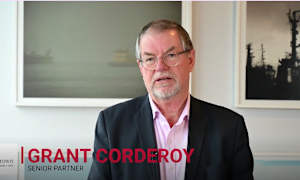"There is one thing that never gets aired, but contributes significantly to the issue of hundreds of people approved for aged care but who cannot access a bed."
These are the words of Alasdair Croydon, CEO of standalone provider Holy Family Services, a Not For Profit that operates 146-bed Brother Albert's Home in Marayong, western Sydney.
On the back of our recent SATURDAY issue focused on dementia, Alasdair told The Weekly SOURCE aged care providers are disincentivised to accept residents with dementia from hospital, and, as a consequence, these patients languish in hospital for too long.
The number of NSW hospital patients stuck in hospital while waiting for an aged care bed surged from 455 at the end of January, to 685 as of 18 June – a rise of more than 50%.The situation is replicated in hospitals throughout Australia.
Residents living with dementia attract more regulatory scrutiny

A range of issues prevent operators from accepting residents with dementia, says Alasdair. If residents with dementia become "aggressive and threatening", a situation that arises "frequently" for male residents, operators must decide whether or not to use medication to manage their behaviour.
"If you use medication, then there is the administrative process of prescribing and approval for its use, which is renewed every three months. All of this is reported every quarter," Alasdair said.
"If you choose to admit numbers of these residents, then the facility Star Rating (through the Quality rating, which includes medication management) can be affected adversely just because you chose to take residents who need help.
"Or the choice is not to medicate, which then means you will have more reportable incidents, often Priority One.
"When incidents are reported, the response of the Aged Care Quality and Safety Commission (ACQSC) is 'what are you doing to prevent these incidents' and 'what are you doing to protect your other residents?'
"So, if a provider admits residents with challenging behaviours, they have an increased administrative burden, an adverse impact upon both their public reputation through the Star Ratings, and increased scrutiny from the ACQSC.
"Approved providers therefore simply decline to admit these residents from public hospitals. I would suggest that the majority of residents in public hospitals are probably male and living with dementia. Unless the system changes this reality will continue."
Dementia underfunded
 On top of this, Alasdair said AN-ACC disadvantages facilities with Dementia Support Units (DSUs).
On top of this, Alasdair said AN-ACC disadvantages facilities with Dementia Support Units (DSUs).
"For example, our 20-bed wing has more staff than other wings, yet the subsidy received is far lower.
"So, we provide more care minutes than the AN-ACC funding provides, and which everyone probably does, which may mean that residents in other wings will get less care than the instrument funds because the total funding is a basket.
"To give you an insight into how problematic this [dementia care] has become, we have an old building that has two bedded and four bedded rooms. We have nine beds that we never try to fill because the other residents in those rooms are so challenging we will not expose other new residents to them."
"Enough is enough," he said.
Ageing Australia CEO Tom Symondson (pictured above) told The Weekly SOURCE they hear from providers AN-ACC does not fully fund the cost of providing care to residents in Class 3, those who are mobile but cognitively impaired.
“These commonly include residents who, whilst mobile, have complex needs related to dementia which are not adequately recognised in the funding model," he said.
"It’s critical that providers are adequately funded to meet the varied and complex needs of people with dementia."
More risk and compliance
Russell Egan, CEO of family-owned Superior Care, which operates aged care homes in Brisbane and the Gold Coast, revealed in January they will no longer accept residents living with dementia who have special care needs. “We decided to stop accepting residents with specialised dementia care because it creates more risk and compliance, while not providing a commercial return to the provider,” Russell said at the time.











